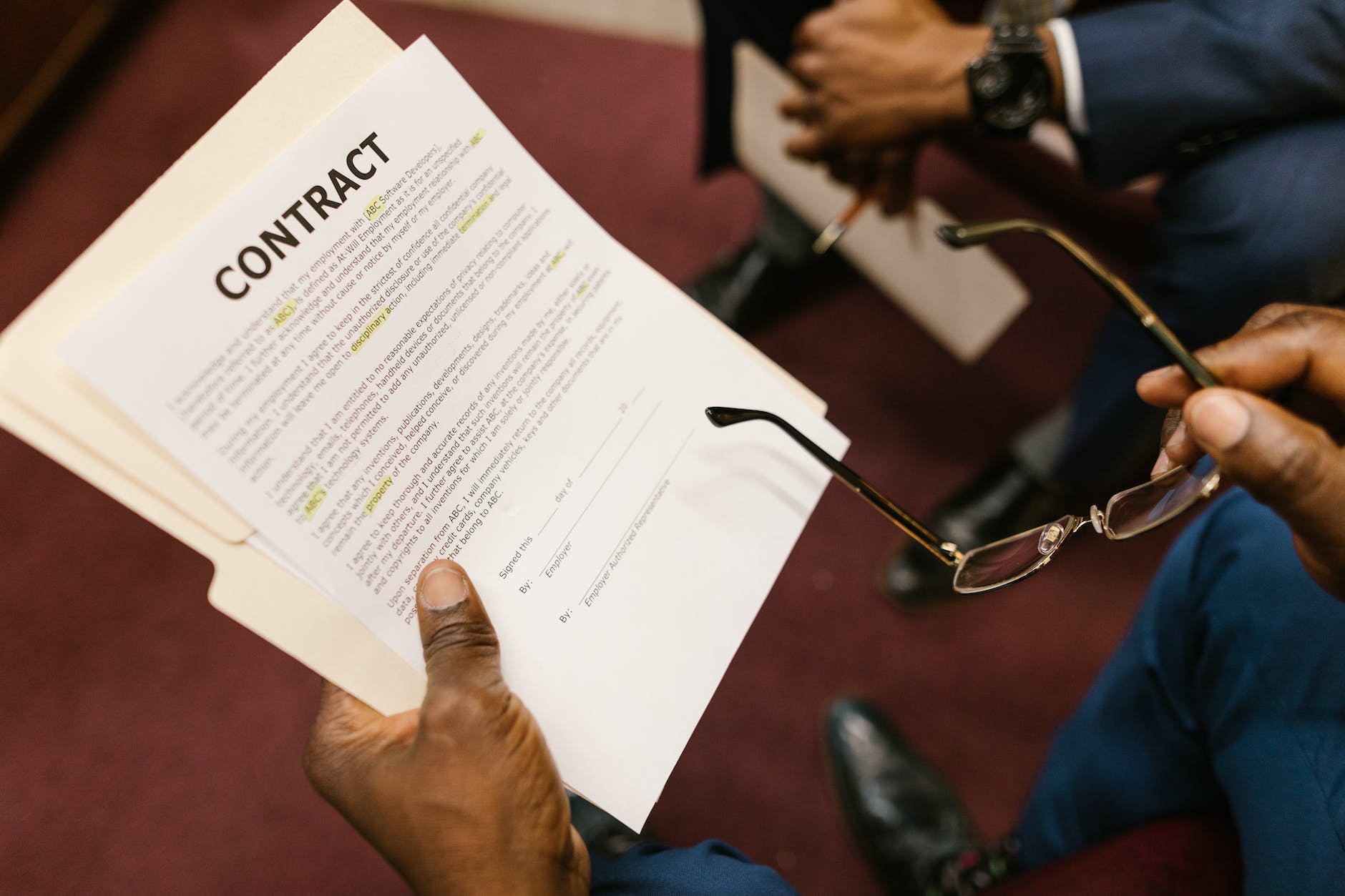As interest in the therapeutic potential of psychedelics continues to increase, it becomes necessary to understand the current legal status of these substances. It is crucial to be aware that the use, possession, and distribution of psychedelics are under strict regulation by numerous national and international laws.
Historically, despite the cultural and spiritual significance of many psychedelic substances, such as peyote cacti and psilocybin mushrooms, western legal systems have typically classified these as illicit. The start of the 20th century saw multiple governments, including the United States, set about controlling such substances. The legal status of psychedelics has often been shaped by international agreements like the 1971 Convention on Psychotropic Substances an agreement which sought to control substances that can cause addiction or risk to public health.
Many psychedelics, including LSD, MDMA, and psilocybin, remain classified as Schedule 1 drugs under U.S. federal law, meaning they are viewed as having high abuse potential and no recognized medical value. The penalties for possession, distribution, and manufacture of these substances vary but can be severe, depending on individual state laws.
Importantly though, the landscape is slowly shifting. The advocacy for psychedelic decriminalization is growing in the United States and elsewhere, fueled by shifting societal attitudes, emerging scientific evidence, and the tireless work of harm reduction advocacy groups.
The city of Denver became the first to decriminalize psilocybin mushrooms in May 2019. However, decriminalization does not mean that these substances are legal but rather that the authorities have declared it their lowest law enforcement priority. Similar steps have been taken in Oregon and California, with certain cities decriminalizing all naturally occurring psychedelics.
Parallelly, medical research into the possible therapeutic uses of psychedelics has been gaining support. Various institutions, including Johns Hopkins University and the Multidisciplinary Association for Psychedelic Studies (MAPS), have conducted clinical trials on health benefits of psychedelic substances. MAPS has sponsored research into the use of MDMA for post-traumatic stress disorder (PTSD) and seen promising results.
These emerging contexts have also prompted some lawmakers to reconsider the legislation surrounding psychedelics. In Canada, individual exemptions have been granted for the use of psilocybin in palliative care, setting a precedent for potential future changes in legislation.
However, major obstacles remain. Difficulty acquiring permits to study these substances and a general lack of funding for research inhibit some of the progress. Furthermore, the regulatory hurdles to reclassifying substances under law can be significant. It can be even more challenging when considering the international laws and conventions that also control these substances.
In conclusion, while decriminalization could be interpreted as an encouraging step towards changing attitudes and laws, it’s only a part of a very complex picture. Understanding the nuances of drug policy and the path towards legality requires vigilance. Furthermore, successfully changing the perception and regulations of these substances will require cooperation between government, medical researchers, and society at large. To truly unlock the potential benefits of psychedelics, it is essential to approach the issue with a holistic view – encompassing law, science, and culture.
Therefore, while the interest and potential benefits of psychedelics are significant, it is necessary to continue our understanding and respect for the current legal status and regulations. Additionally, society should look to the diligent work of scientists, therapists, and advocates who are paving the way for potential future substance control changes.
Sources:
Convention on Psychotropic Substances 1971,
Decriminalization of psilocybin in Denver,
MAPS research into MDMA for PTSD




